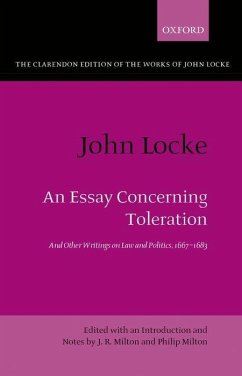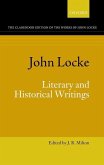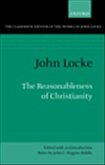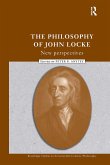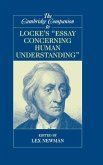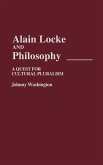Also included are a number of shorter writings on church and state, including a short set of queries on Scottish church government (1668), Locke's notes on Samuel Parker (1669), and 'Excommunication' (1674). The other two main works contained in this volume are rather different in character. One is a short tract on jury selection which was written at the time of Shaftesbury's imprisonment in 1681. The other is "A Letter from a Person of Quality", a political pamphlet written by or for Shaftesbury in 1675 as part of his campaign against the Earl of Danby. This was published anonymously and is of disputed authorship; it was first attributed to Locke in 1720 and since then has occupied an uncertain position in the Locke canon. This volume contains the first critical edition based on contemporary printed editions and manuscripts and it includes a detailed account of the Letter's composition, authorship, and subsequent history. This volume will be an invaluable resource for all historians of early modern philosophy, of legal, political, and religious thought, and of 17th century Britain.
J. R. and Philip Milton present the first critical edition of John Locke's Essay concerning Toleration, based on all extant manuscripts, and a number of other writings on law and politics composed between 1667 and 1683. Although Locke never published any of these works himself they are of very great interest for students of his intellectual development because they are markedly different from the early works he wrote while at Oxford and show him working out ideas that were to appear in his mature political writings, the Two Treatises of Government and the Epistola de Tolerantia. With authoritative contextual guidance from the editors, this will be an invaluable resource for all historians of early modern philosophy, of legal, political, and religious thought, and of 17th-century Britain.
J. R. and Philip Milton present the first critical edition of John Locke's Essay concerning Toleration, based on all extant manuscripts, and a number of other writings on law and politics composed between 1667 and 1683. Although Locke never published any of these works himself they are of very great interest for students of his intellectual development because they are markedly different from the early works he wrote while at Oxford and show him working out ideas that were to appear in his mature political writings, the Two Treatises of Government and the Epistola de Tolerantia. With authoritative contextual guidance from the editors, this will be an invaluable resource for all historians of early modern philosophy, of legal, political, and religious thought, and of 17th-century Britain.

